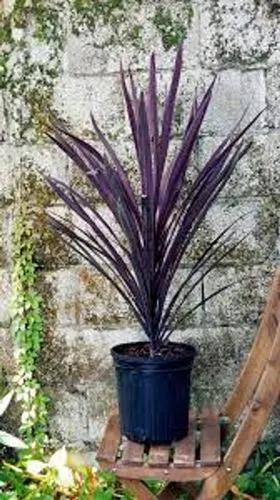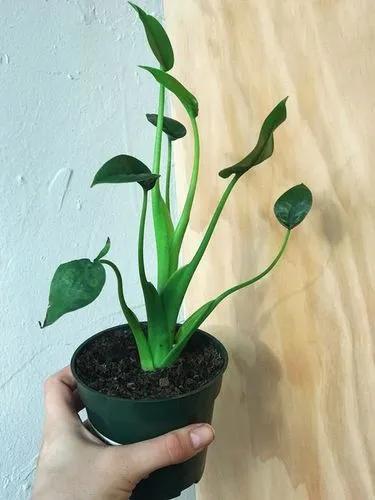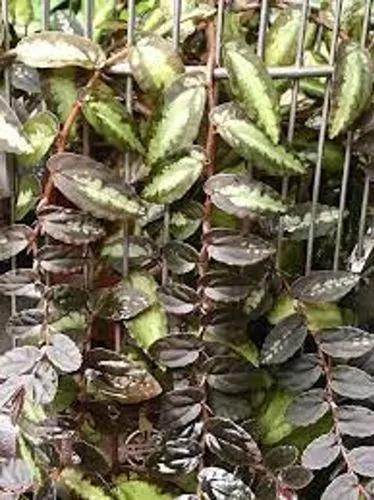Cocculus carolinus, commonly called the Carolina coralbead, or snailseed, is a perennial vine of the moonseed family. It is native to North America, where it is found in Mexico and in several states in the United States.
Carolina moonseed Care
Cocculus carolinus



Cocculus carolinus, commonly called Carolina moonseed, is a deciduous, woody vine which climbs with thin twining stems or scrambles along the ground, and primarily occurs in rocky open woods, wood margins, glades, fence rows, roadsides and stream/pond margin. Best ornamental features are its foliage and its attractive red berries in fall. Typically grows 10-12', but may grow larger in the deep South where it is not susceptible to winter dieback. Tiny, greenish-white flowers appear in loose, drooping, terminal and axillary clusters (racemes) in summer, but are insignificant. Flowers give way to loose clusters of bright red, flattened, pea-sized drupes which mature in late summer and persist well into fall. Medium green leaves (to 4" long) are of variable shapes ranging from oval to heart-shaped to triangular.
How to Care for the Plant

Water

This vine has average water needs. Water regularly but avoid overwatering.

Sunlight

The plant prefers a place in full sun to part shade.

Soil

It is tolerant of a wide range of soils and growing conditions. However, it prefers well-draining soils.

Temperature

This vine can be grown in the areas with the lowest winter temperatures of −28.9°C (−20°F).

Popularity

457 people already have this plant 62 people have added this plant to their wishlists
Discover more plants with the list below
Popular articles






